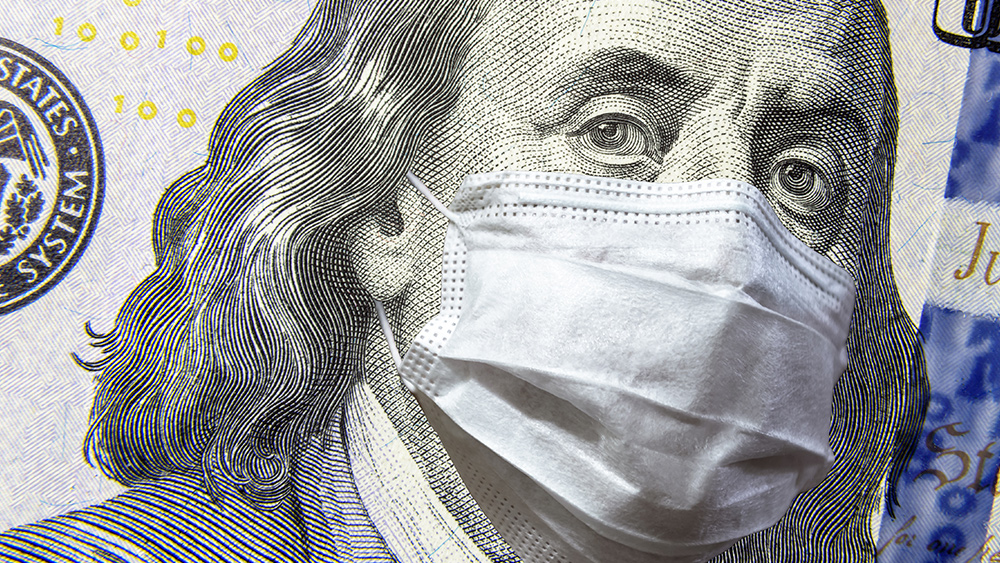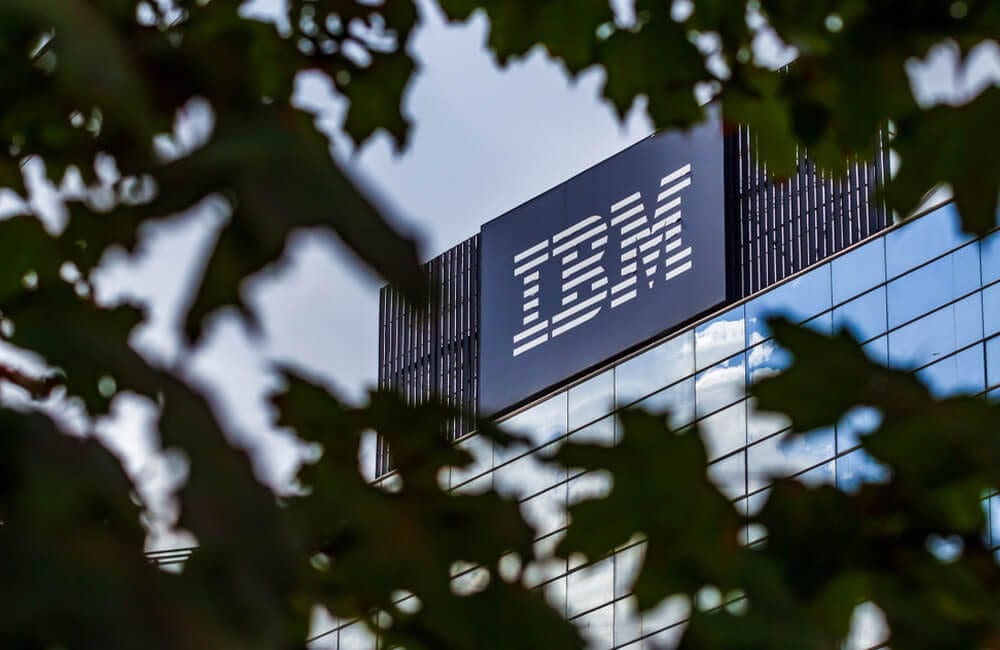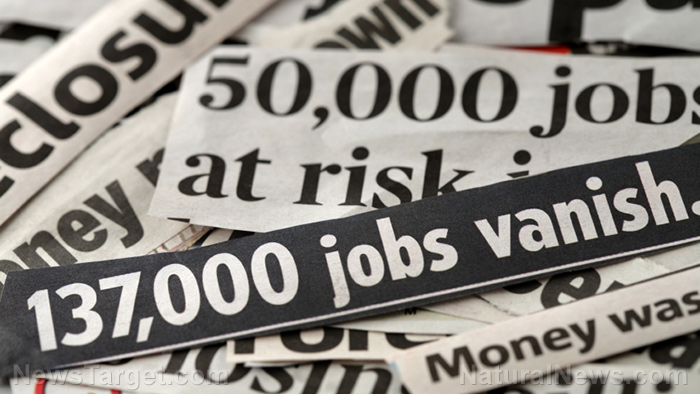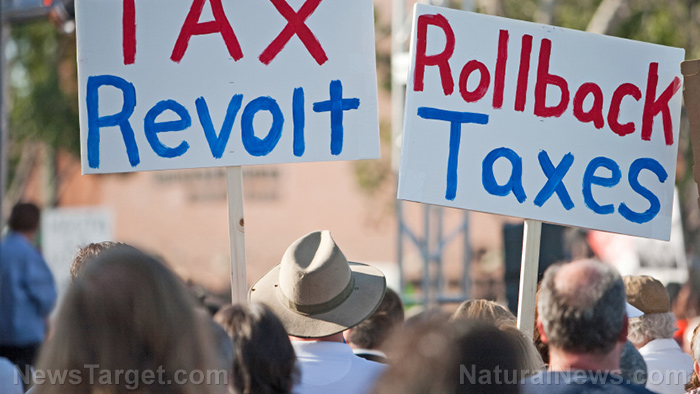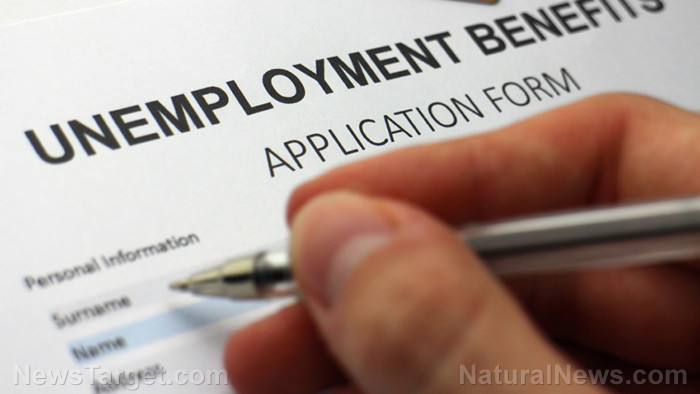Biden’s economy continues to take huge toll: Auto repos climb so high there aren’t enough people to go get them
02/01/2023 / By JD Heyes

The inflationary economy created by the Democratic Congress and Joe Biden continues to take a huge toll on the demographic of Americans the president’s party claims to care about the most: The working poor.
According to an extensive report this week by Zero Hedge‘s Tyler Durden, automobile repossessions have soared to a level twice as high as it was during the height of the COVID pandemic — when tens of millions of Americans were flush with cash thanks to hundreds of billions of dollars’ worth of stimulus funding.
“For over a year, we have been dutifully tracking several key datasets within the auto sector to find the critical inflection point in this perhaps most leading of economic indicators which will presage not only a crushing auto loan crisis, but also signal the arrival of a full-blown recession, one which even the NBER won’t be able to ignore, as the US consumers are once again tapped out. A month ago we said that in our view ‘that moment has now arrived’; the latest data from Fitch confirms as much,” Durden began.
One reason for the auto loan crisis is that prices for new and used vehicles have climbed to record highs. As parts became scarce and chronically in short supply over the past two years, automakers were only able to produce a percentage of what they normally do, leading to a classic supply-and-demand situation in which short supplies drove up prices. On top of that, and in an effort to fix the inflationary economy that Biden and Democrats created by throwing money into a short-supplied economy, the Federal Reserve has begun raising interest rates to multiyear highs, to drive down demand and, eventually, prices as the supply situation stabilizes.
So, higher prices combined with higher interest rates equals an auto loan crisis as the rate of those late on their vehicle payments doubled that during the pandemic: “As Bloomberg first observed after skimming the Fitch note, in December the percentage of subprime auto borrowers who were at least 60 days late on their bills rose to 5.67%, up from a seven-year low of 2.58% in April 2021. That compares to 5.04% in January 2009, the peak during the Great Recession, and just a few weeks before the Fed was about to start QE1.”
In Durden’s lengthy piece, he notes a couple of things that are currently taking place in the banking, credit card, and auto industries that are leading to a “perfect storm” of loan delinquencies:
— For months, several credit card companies have been beefing up their cash positions by billions of dollars in anticipation of defaults;
— Car companies are seeing auto loans they finance become increasingly delinquent;
— More Americans appear to be utilizing cards to finance their lives as inflation continues to take bigger bites out of their income (as evidenced by increases in profits last year);
— These moves tell industry experts that a) card companies and banks are looking at significant losses, or b) they are just being super cautious.
What else has emerged is a dramatic rise in automobile repossessions — so many, in fact, that repo companies can’t find enough people to help and repo lots are full to bursting, as Durden writes:
As for the repo men, now that is one industry that will be booming all throughout the coming recession. “These repossessions are occurring on people who could afford that $500 or $600 a month payment two years ago, but now everything else in their life is more expensive,” said Drury, “That’s where we’re starting to see the repossessions happen because it’s just everything else starting to pin you down.”
Indeed, for those in the repossession business, it’s been almost impossible to keep up with the surge in, well, “new business.” Jeremy Cross, the president of International Recovery Systems in Pennsylvania, said he can’t find enough repo men to meet the demand or space to hold all the cars his company has been tasked with repossessing. With the holidays approaching, he’s been particularly busy as people prioritize spending elsewhere, and he’s expecting business to keep up throughout next year and 2024.
Biden and Democrats claim to have cornered the market on having “compassion” for working Americans, but their economic policies say they really couldn’t care less about those workers.
Sources include:
Submit a correction >>
Tagged Under:
auto repos, banks, Biden economy, Bidenflation, Bubble, credit cards, debt collapse, democrats, dollar demise, economic collapse, Inflation, Joe Biden, market crash, money supply, national debt, pensions, profits, repo, repossess, risk
This article may contain statements that reflect the opinion of the author
RECENT NEWS & ARTICLES
COPYRIGHT © 2017 RISK NEWS


